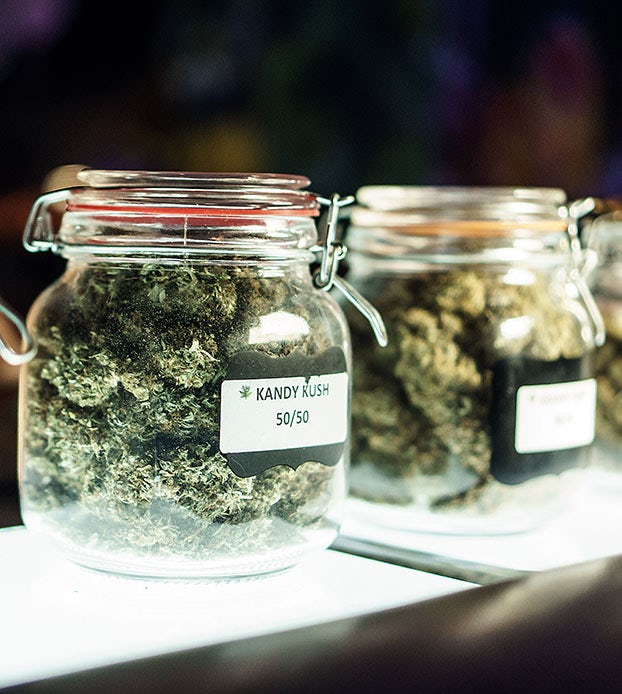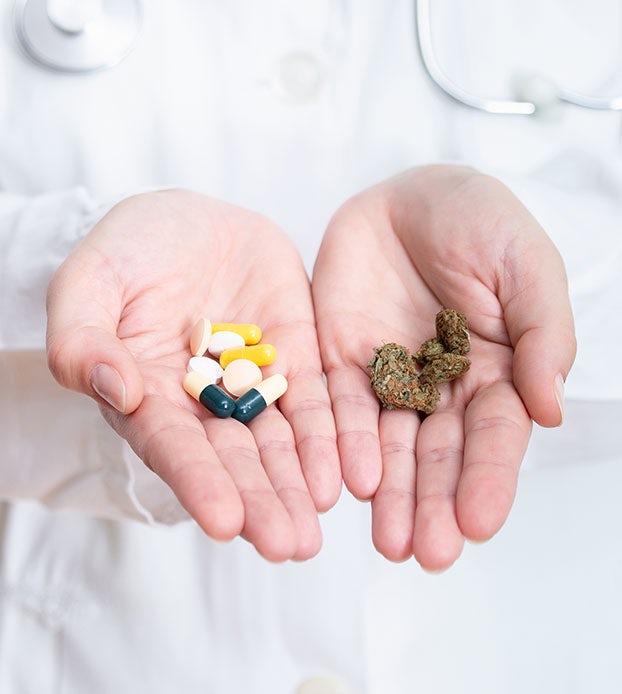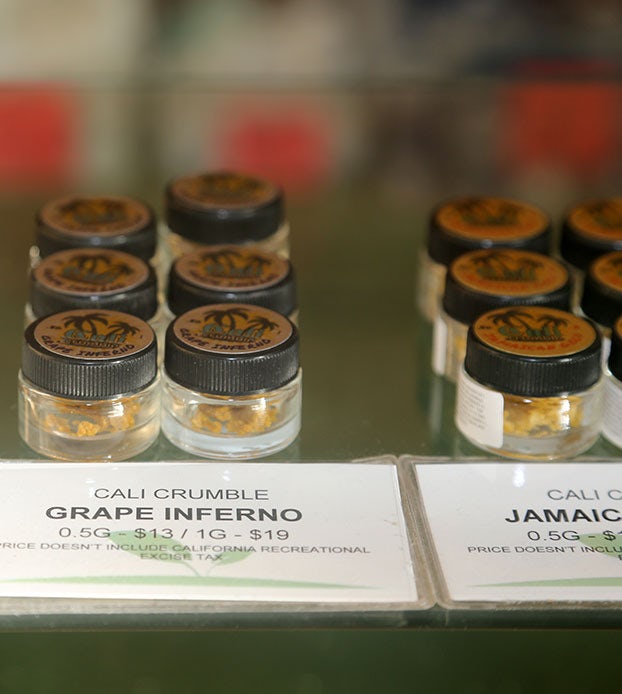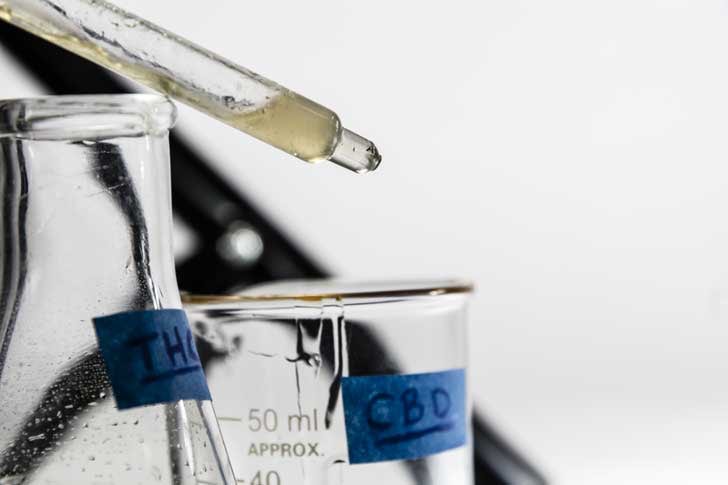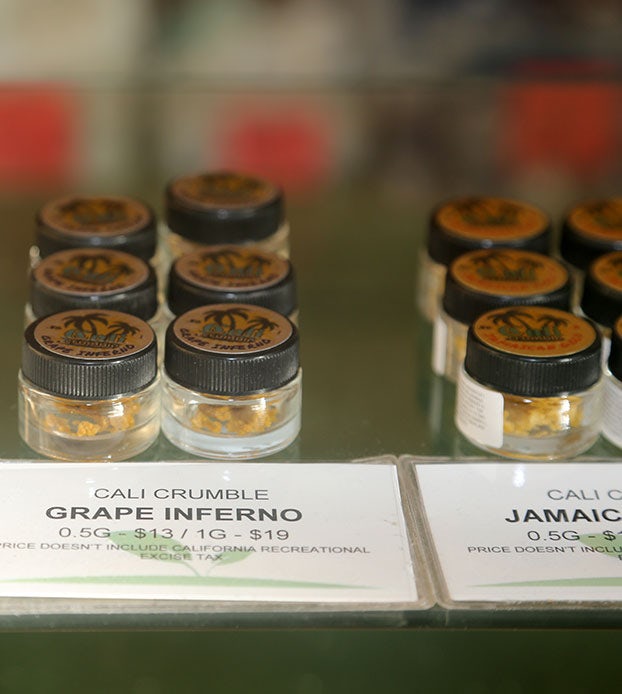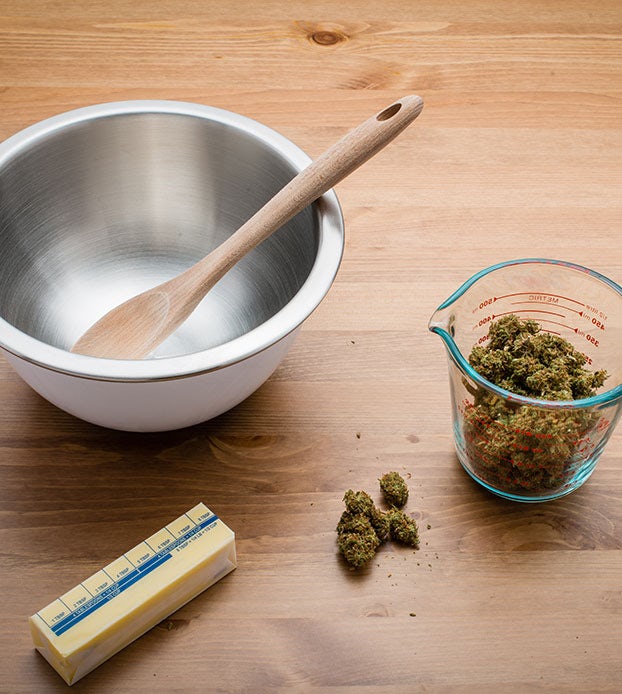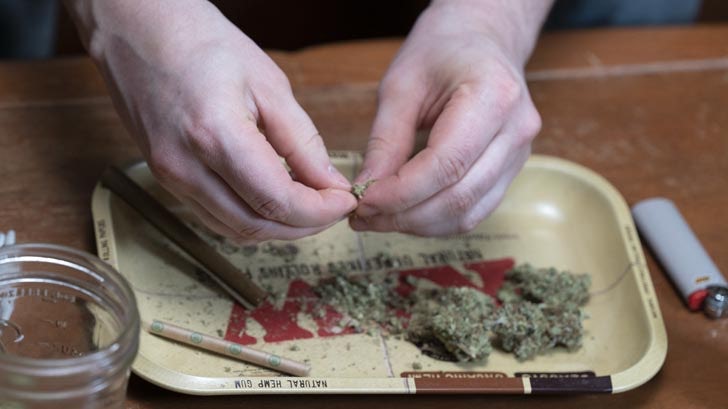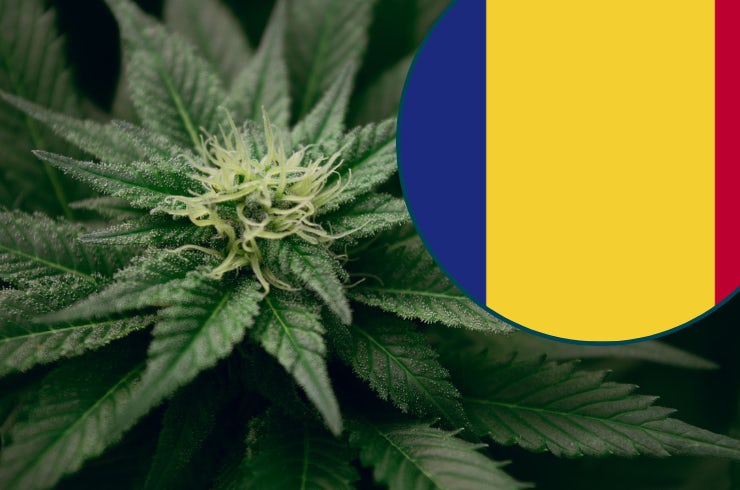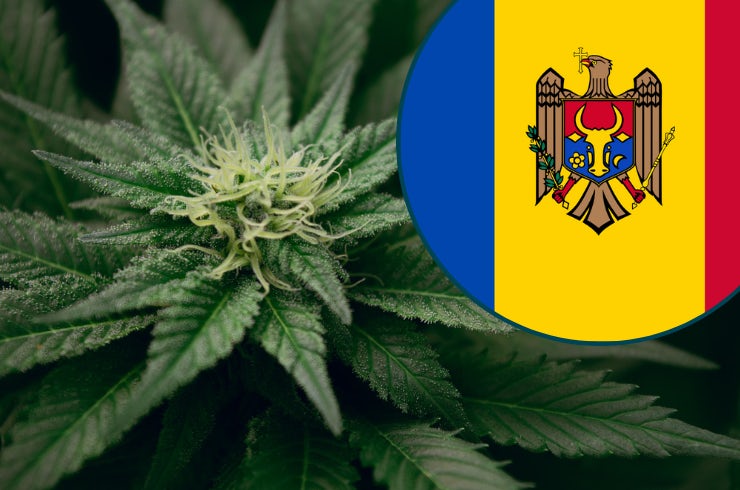The majority of cannabis users can attest to having experienced a common phenomenon known as cottonmouth. At the peak of the “high” the following symptoms usually emerge:
- an insatiable thirst
- reduced ability to swallow
- an overwhelming feeling of ‘‘mouth drought”
The medical term for this common sensation is xerostomia, referring to decreased saliva from the salivary glands in the mouth.
Why it’s worth preventing dry mouth
The endocannabinoid system (ECS) is responsible for regulating many basic functions throughout the body and it can be activated by cannabinoids that are naturally created by the body and those found in the cannabis plant. Homeostasis is a term used to describe the overall result of various biomolecular mechanisms of the ECS, which includes the regulation of saliva production.
Numerous studies have proven that saliva is a key factor in the homeostasis and maintenance of overall oral health, which suggests keeping the mouth moist is important. 1
Saliva protects the tissues of the mouth by providing the lubrication necessary for chewing and swallowing. It dilutes consumed sugars, has cleansing properties, neutralizes acid production and controls the pH of plaque. One percent of saliva is made up of a variety of minerals and proteins that protect tooth enamel, prevent tooth decay and gum disease, and repairs damaged oral tissue. 2
Production of this vital spit fluid and its proteins are mainly under autonomic control. The autonomic nervous system is a regulatory system, working “automatically” or without conscious effort to regulate bodily functions such as heart rate, digestion, respiratory rate, pupillary response, urination and sexual arousal. It is also the underlying mechanism for the well-known fight-or-flight response. 3
The science behind dry mouth: is it dangerous?
Cottonmouth is quite a common side effect among cannabis users but how dangerous is it really? In short, it’s not really dangerous but frequent and persistent cottonmouth alongside poor dental hygiene can cause problems. For example:
- a constantly dry mouth lacking proper lubrication from spit harbors a breeding ground for unflushed bacteria
- oral problems can develop from the promotion of stagnant bacteria causing increased plaque, leading to cavities or gum disease
- excessive oral dryness can also lead to trouble swallowing, mouth sores, chapped or cracking of the lips 4
Cottonmouth, also known as xerostomia, brought on by cannabis use seems to be the consequence of blocked signals to the brain, which are known as anticholinergic effects. Acetylcholine is the principal neurotransmitter, or chemical messenger released by autonomic neurons, and these molecules are used by the nervous system to transmit messages between neurons or from neurons to muscles.

Studies have found that prescription drugs can inhibit the transmission of essential neurotransmitters and typical symptoms of this include dry mouth, constipation, urinary retention, bowel obstruction, dilated pupils, blurred vision, increased heart rate, and decreased sweating, impaired concentration, confusion, attention deficit, and memory impairment. 5 6
Tips for avoiding cottonmouth when smoking cannabis
You can mostly prevent drying of your mouth by staying adequately hydrated. Here are some things you can do before smoking cannabis if you experience cottonmouth:
- drink plenty of water
- void highly caffeinated drinks, alcohol, and tobacco
- have sugarless gum or hard candy on hand to help stimulate spit flow
If cottonmouth becomes a true annoyance you could try the following in order to prevent it further:
- over-the-counter saliva substitutes or mouthwash; look for products containing xylitol
- be wary of using cannabis alongside certain allergy medicine, as antihistamines and decongestants can worsen anticholinergic effects
- be sure to routinely perform adequate oral hygiene with brushing and flossing
- if these tips fail to alleviate your symptoms and you begin to notice habitually bad breath, it may be time to talk with your doctor or dentist
In summary, cannabis can sometimes cause cottonmouth, aka xerostomia, and this experience may be the result of various mechanisms and factors implicating CB1 and CB2 receptors.
A reduction in acetylcholine can lead to reduced blood flow to spit-producing glands, thereby making your mouth dry. Although cottonmouth is not as serious, persistent dry mouth can lead to oral complications. Water is essential to most bodily functions and is imperative before and during cannabis use.
Sources
- Zucoloto, M.L., Maroco, J. & Campos, J.A.D.B. Impact of oral health on health-related quality of life: a cross-sectional study. BMC Oral Health 16, 55 (2016). https://doi.org/10.1186/s12903-016-0211-2
- Dodds, M., Roland, S., Edgar, M. et al. Saliva A review of its role in maintaining oral health and preventing dental disease. BDJ Team 2, 15123 (2015). https://doi.org/10.1038/bdjteam.2015.123
- Waxenbaum JA, Reddy V, Varacallo M. Anatomy, Autonomic Nervous System. [Updated 2021 Jul 29]. In: StatPearls [Internet]. Treasure Island (FL): StatPearls Publishing; 2021 Jan-.https://www.ncbi.nlm.nih.gov/books/NBK539845/
- Alsakran Altamimi M. Update knowledge of dry mouth- A guideline for dentists. Afr Health Sci. 2014;14(3):736-742. doi:10.4314/ahs.v14i3.33 https://www.ncbi.nlm.nih.gov/pmc/articles/PMC4209628/
- Migirov A, Datta AR. Physiology, Anticholinergic Reaction. [Updated 2021 Aug 9]. In: StatPearls [Internet]. Treasure Island (FL): StatPearls Publishing; 2021 Jan-. https://www.ncbi.nlm.nih.gov/books/NBK546589/
- Lieberman JA 3rd. Managing anticholinergic side effects [published correction appears in Prim Care Companion J Clin Psychiatry. 2012;14(1):PCC.12lcx01362]. Prim Care Companion J Clin Psychiatry. 2004;6(Suppl 2):20-23.
Sign up for bi-weekly updates, packed full of cannabis education, recipes, and tips. Your inbox will love it.

 Shop
Shop Support
Support